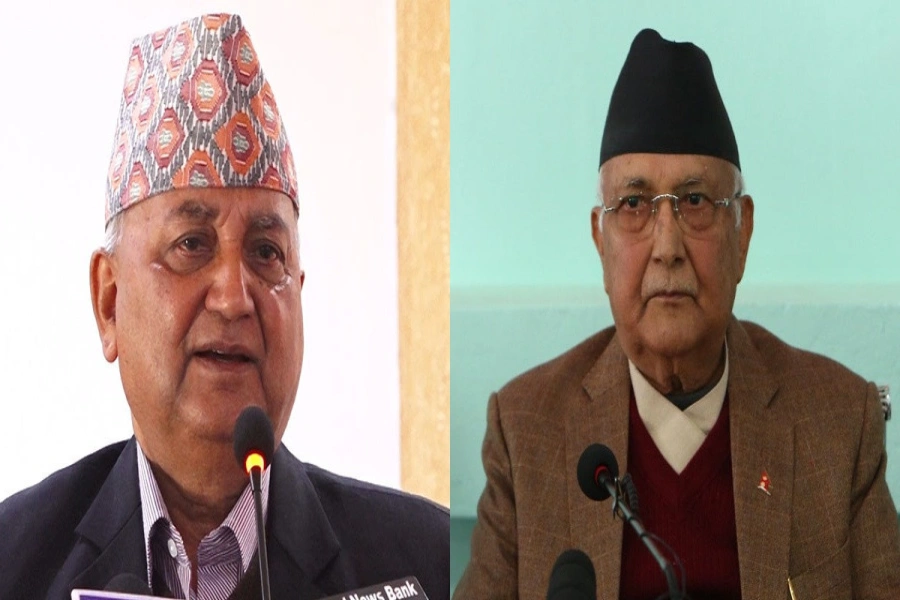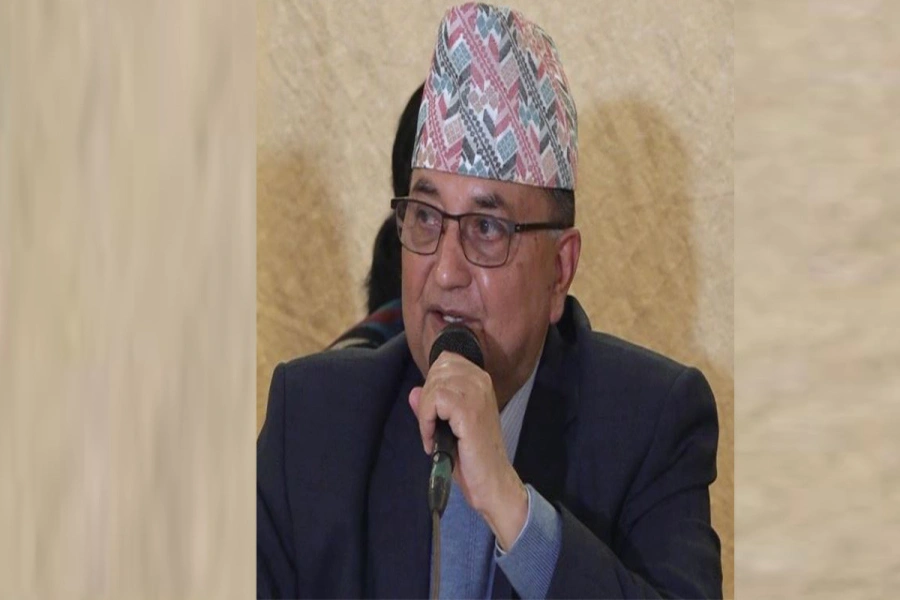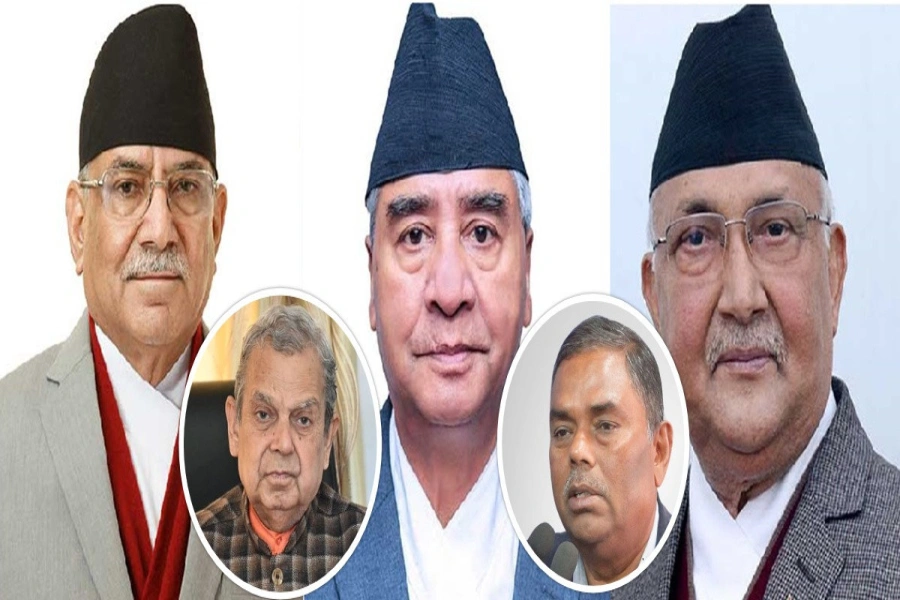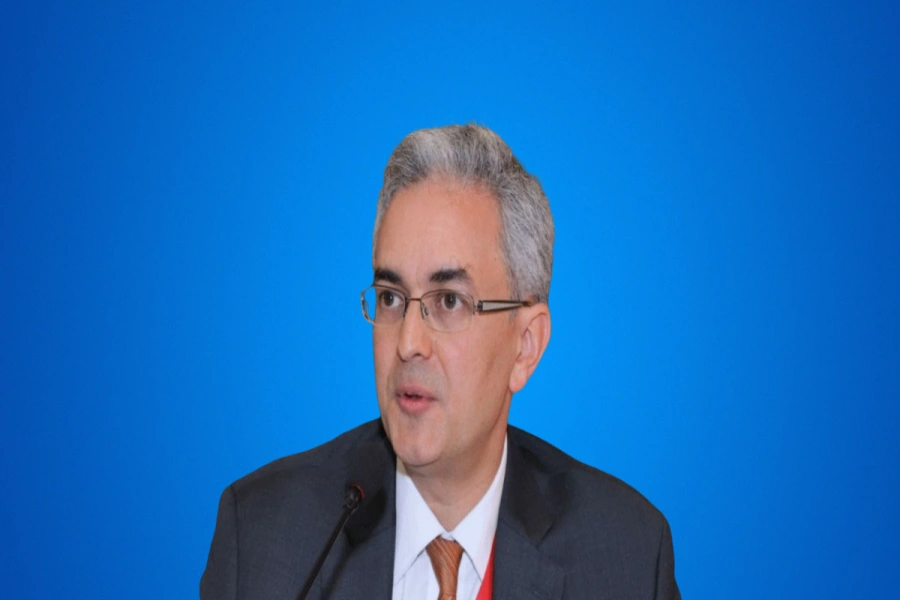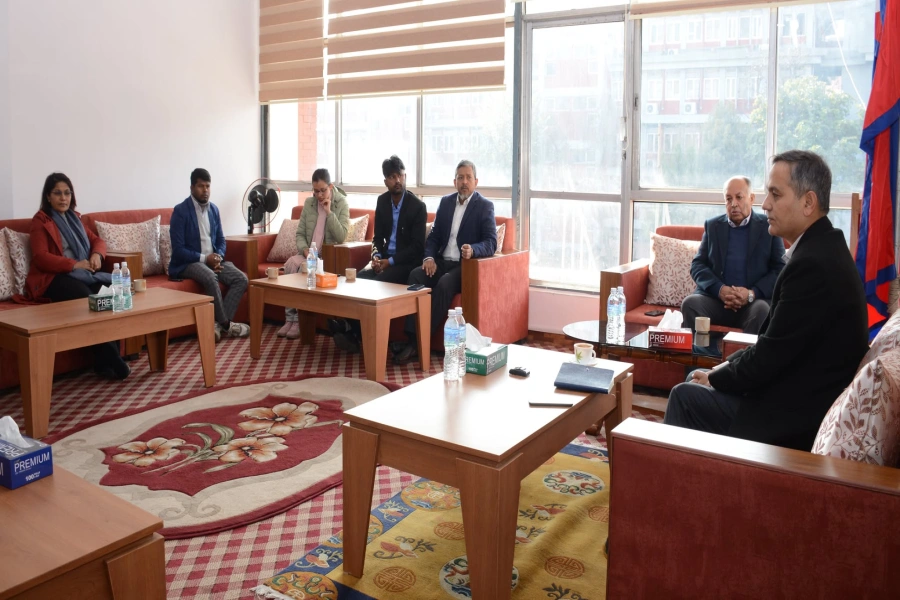Before improving English of Nepali students, we need to improve English of Nepali English teachers
Nepal English Language Teachers’ Association (NELTA) organized its annual conference in Hetauda. Around 850 teachers are believed to have participated in the conference. Key speakers included Prof Jayaraj Awasthi and Prof Abhi Subedi. The main theme of the conference was “Transformations in ELT Methods: Addressing the 21st Century Classroom Contexts.”
In a small country like Nepal where there are more than 120 languages, the craze for English is hard to understand. It’s paradoxical that on the one hand, the government wants to preserve local languages and cultures, on the other hand it has started teaching English from grade one and has turned a blind eye to free proselytization and conversion. Look at private schools and colleges which have made fortunes just by advertising English slogans. Then there are English language institutes which even claim that they can make a person speak fluent English just in fifteen days or a month. Gullible people believe them and join the classes hoping to improve their lives with English.
The importance of English language is so much hyped that there are people who believe their whole future will be bleak if they don’t know English. Furthermore, people want to insert some English words as they speak Nepali so that people would consider them educated. In social media, you could find thousands of funny, bizarre, and unbelievable words and phrases which the native speakers of English would never use.
House panel passes much-hyped medical education bill with major...

As English is seen as the road to progress and prosperity, even poor people admit their wards to private schools hoping their children will learn English and they will bring financial changes in the family. Numerous wives with their children leave their villages to hire a rented room and to educate their children in private schools and significant number of husbands go out to work in the foreign land to earn money so that they could send their children to so-called boarding schools, where there are no boarding facilities. It appears that once people fall in love with English, they continue going, there’s no coming back.
When a nation itself appears to give highest priority to English, it could be natural for people to be snobbish. Go to any schools or colleges and observe the status of Nepali and English teachers. In most cases, English teachers will appear more pompous and proud, whereas Nepali teachers will look humble. Why is that? Because all the other subjects are supposed to be taught in English medium except Nepali. Further, when it comes to English, in most cases, English teachers pretend to be heroes.
Knowing English
Though English is so widely taught, not even a handful of people speak English as their language. This means English is more used in academia, business sectors such as banks and national and international non-governmental organizations, especially in written form. When it comes to speaking, it is hardly done out of the classrooms, businesses or organizations. This also means that Nepali people have not taken it as a ‘language to speak’ but as a means to achieve something. So Nepalis lack ownership of English.
It may be interesting to note that even at NELTA conference Abhi Subedi used significant amount of Nepali words as he was delivering his speech and he was no exception. This shows that not many Nepali English speakers speak English to a larger extent as they don’t practice out of their work or profession. In the conference, once the speakers came out of the program venue, they would speak in Nepali language. Maybe some young learners thought they should speak in English and they did but that looked very artificial.
There are hundreds of Nepali English teachers who cannot confidently speak and teach in English. Professor Awasthi shared an interesting experience. Once he observed an English class in far-western region. The teacher was not speaking English and it did not sound like an English classroom at all.
Thus before improving English of Nepali students, we need to improve the English of Nepali English teachers. Organizing training programs where teachers can actively participate and improve their English would help us in this mission. Only then will the teachers be able to help their students improve their English language skills.
The author is is a freelance writer and life member of Nepal English Language Teachers’ Association (NELTA)
rishirampaudyal@gmail.com







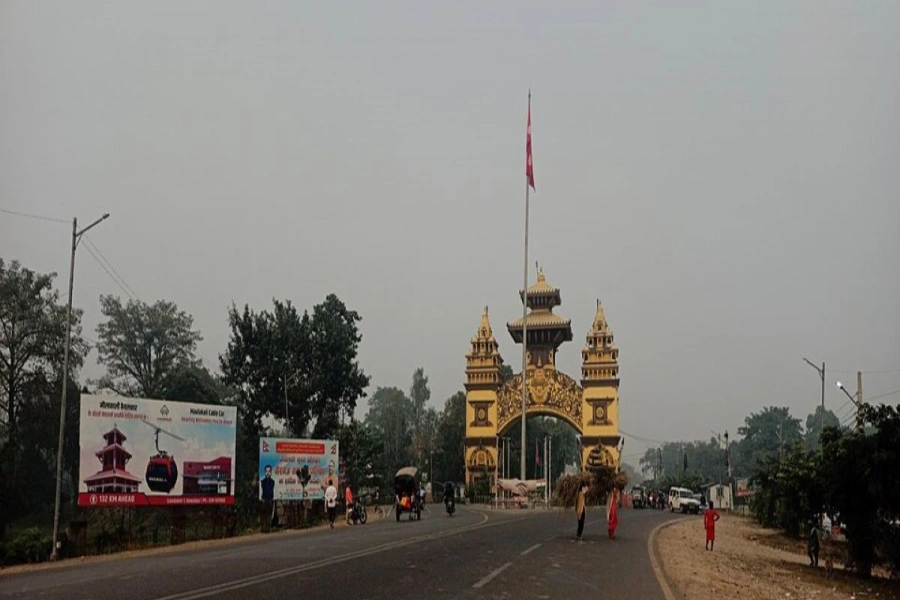

_20190926071446.jpg)







